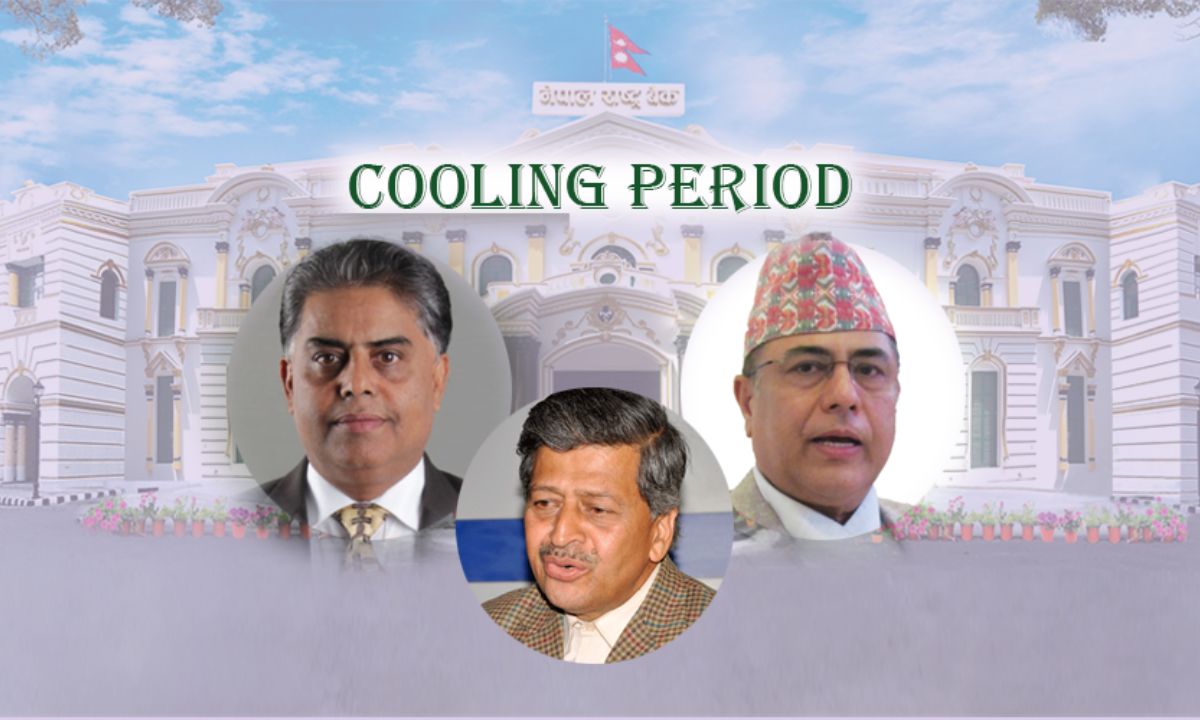In Nepal, the cooling period is a legal and ethical requirement that prevents certain individuals—especially former government officials, judges, or military personnel—from immediately entering roles that could create conflicts of interest after they leave office.
A cooling period is a specific time frame during which a person is barred from taking certain positions after completing their term in public service. This rule is applied to:
- Prevent misuse of power or insider information
- Maintain the neutrality of public institutions
- Build public trust in government processes
Who Does It Apply To in Nepal?
Nepal’s cooling period is applied in different sectors based on legal provisions or constitutional guidelines. Some common areas include:
1. Constitutional Positions
Officials from institutions like the Election Commission, CIAA (Commission for the Investigation of Abuse of Authority), and Public Service Commission often face cooling periods before joining politics or private institutions.
2. Judiciary
Judges from the Supreme Court and other high-level courts may be restricted from directly joining political roles or advocacy positions after retirement.
3. Government and Bureaucracy
High-level civil servants and bureaucrats are often barred from taking jobs in private companies or international organizations for a period after retirement—especially in sectors they used to regulate.
4. Security Forces
Senior military officers or police officials may be prevented from entering politics or sensitive civilian roles immediately after retirement.
Legal Basis in Nepal
While Nepal doesn’t have a single unified law on cooling periods, various acts, regulations, and constitutional provisions outline the restrictions for specific roles. The Constitution of Nepal, along with Civil Service Act, Military Act, and separate legal frameworks for constitutional bodies, governs these rules.
In current context
Nepal is currently facing renewed debate over the implementation of a cooling period for retired civil servants, particularly in light of the Federal Civil Service Bill under discussion in Parliament. The bill proposes a two-year cooling period before officials can take up new roles in politics or constitutional bodies. However, this has faced resistance from senior bureaucrats, including the Chief Secretary, who argue that such a restriction limits their post-retirement opportunities. Despite this pushback, lawmakers from the Nepali Congress and CPN (Maoist Centre) support the two-year provision, while the UML has proposed a shorter one-year alternative. The discussion reflects growing concern about the influence of recently retired officials in politically sensitive positions and highlights the need to ensure neutrality, transparency, and accountability in public service.




